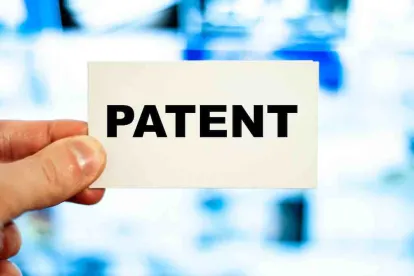The US Court of Appeals for the Fifth Circuit concluded that only notice of a preliminary injunction (PI) motion, and not perfected formal service, is needed to assert jurisdiction to issue an injunction. Whirlpool Corp. v. Shenzhen Sanlida Elec. Tech. Co., Ltd., Case No. 22-40376 (5th Cir. Aug. 25, 2023) (Barksdale, Southwick, Higginson, JJ.)
Shenzhen Sanlida sells stand mixers within the United States, primarily through online sales. Whirlpool filed a complaint for trademark infringement and dilution against Sanlida, arguing that Sanlida’s mixers were too close in appearance to Whirlpool’s iconic KitchenAid stand mixer. Shortly after filing its complaint, Whirlpool requested a PI hearing. In its request, Whirlpool provided evidence that Sanlida had actual notice of the pending hearing. The district court granted the request and scheduled a hearing.
Counsel for Whirlpool and Sanlida attended the hearing. At the hearing, Sanlida argued it had never been properly served under the Hague Convention and that without service, the district court could not assert personal jurisdiction over it. The district court disagreed and granted the PI. Sanlida filed an emergency motion to stay the order, but the district court rejected Sanlida’s request. Sanlida appealed.
Sanlida argued that the district court did not have the power to issue a PI and that it abused its discretion in awarding the injunction. The Fifth Circuit found no error or abuse and affirmed.
The Fifth Circuit explained that service is not a prerequisite to issuing a PI. Citing Fed. R. Civ. P. 65, the Court explained that the only requirement for issuing a PI is notice to the adverse party. Since it was undisputed that Sanlida had notice of the PI hearing, the Court found that the district court had the power to issue the PI. In doing so, the Court distinguished this case—where there was no dispute that the district court would have personal jurisdiction over Sanlida after the process was perfected—from cases where personal jurisdiction was a live question at the PI hearing.
Turning to the merits of the PI, the Fifth Circuit addressed the four factors the district court had to consider before issuing the injunction: likelihood of success on the merits, threat of irreparable injury, balance of harms and public interest.
On the first factor—likelihood of success—the Fifth Circuit found that the district court made no clear error. The two components of the likelihood of success analysis are validity and likelihood of confusion. On both points, the Fifth Circuit upheld the district court’s finding. While Sanlida argued that Whirlpool’s trademark was invalid because it covered “functional” elements, the Court found insufficient factual support for that argument. Nothing in the record showed that Whirlpool’s mixer head shape had any effect on the “cost or quality” of the mixer. Nor did Sanlida point to any evidence showing that the housing shape would put competitors at a “significant non-reputation-related disadvantage.” Without a showing on either element, Sanlida failed to rebut the presumption of validity. Sanlida also failed to show that the district court’s likelihood of confusion findings were clear error. While the Court agreed that some evidence might support Sanlida’s argument that customers were unlikely to be confused, the presence of similar slopes and geometries between the two mixers was sufficient to support the district court’s determination.
On the final three factors, the Fifth Circuit similarly found no abuse of discretion. The Court explained that Sanlida failed to provide any evidence to rebut the Lanham Act’s presumption of irreparable harm. And regarding balance of harms, the only harms Sanlida pointed to were “pecuniary,” which also favored granting a PI. Finally, the Court explained that the public had an interest in the effective enforcement of trademark law.
Since all four factors weighed in favor of an injunction, and because the district court had jurisdiction to issue an injunction, the Fifth Circuit affirmed.




 />i
/>i

